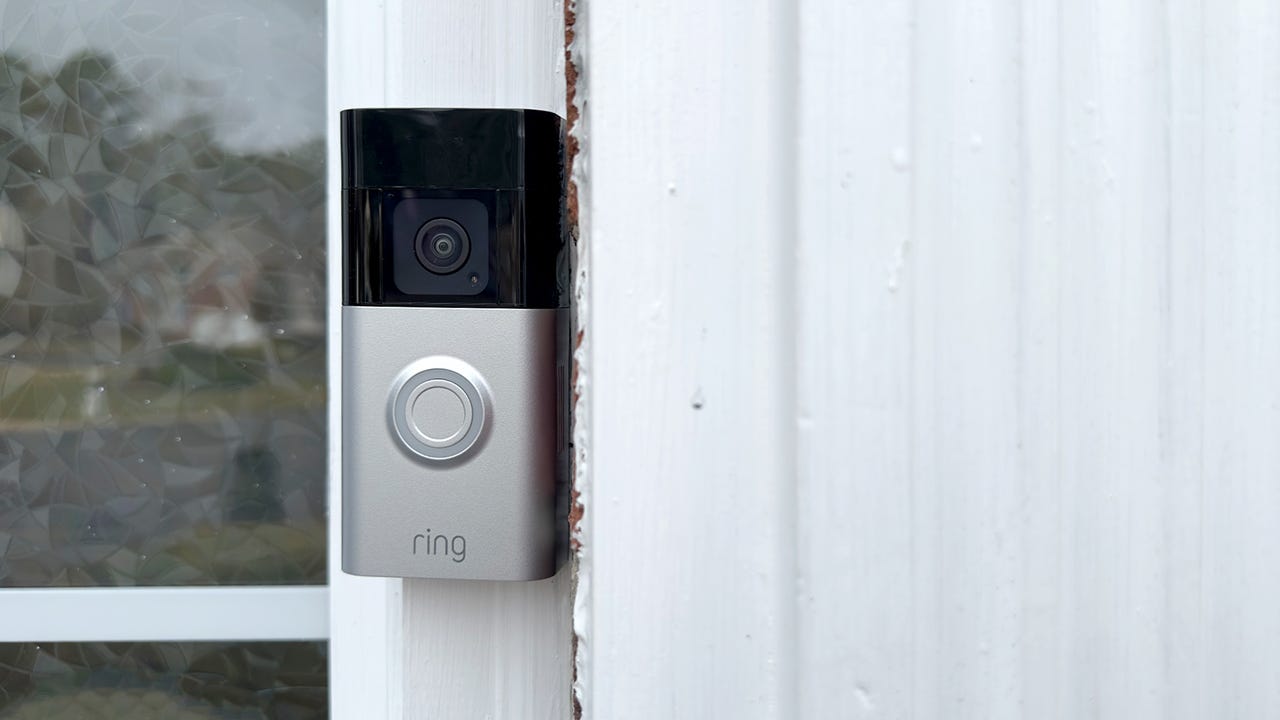
































As a security resource, video doorbells can often be the sole witnesses of suspicious activities and they can gather evidence that helps solve crimes. First responders know this, so Ring had a tool for police and fire departments called Request for Assistance (RFA) to request and receive video in the Neighbors app. Ring just announced it is removing this feature.
This tool, now discontinued, used to work on a voluntary basis. That means that a police officer could've used RFA to request video captured by a Ring Video Doorbell at any given time, and the device's owner could've chosen to share it or not. Now, first responders will need a formal request or warrant to get video from a Ring Doorbell user.
Also: 90% of IT leaders say it's tough to integrate AI with other systems
"We are also sunsetting the Request for Assistance (RFA) tool. Public safety agencies like fire and police departments can still use the Neighbors app to share helpful safety tips, updates, and community events," said Eric Kuhn, head of Neighbors for Ring. "They will no longer be able to use the RFA tool to request and receive video in the app."
The change doesn't affect the consumer side of the Neighbors app, as this is a tool that Ring only provided to police and other law enforcement agencies. Now, these first responders must find another way to request the footage and, if the user denies it, obtain a warrant specifying a date and timestamps to seize video footage.
Video doorbells are becoming a staple in front doors, conveniently alerting when a package is delivered and often capturing hilarious moments, but they're a great security tool first and foremost. Ring Video Doorbells are some of the most popular available on the market, but the company has long been embroiled in controversies over privacy concerns.
Also: What is 5G home internet? What to know before you sign up
Privacy advocates have criticized Ring's relationship with law enforcement across the country, for fear that its devices and partnerships with different police departments foment racial biases and turn communities into a place of constant surveillance.
The FTC said in 2023 that Ring employees illegally surveilled consumer's cameras, as the company failed to restrict employee and contractor access to its users' videos. It also accused Ring of failing to implement standard security measures to prevent hacking.
Ring continues to reserve the right to share footage with authorities in limited circumstances where it deems it necessary.
 Tags quentes :
Home & Escritório
Tags quentes :
Home & Escritório